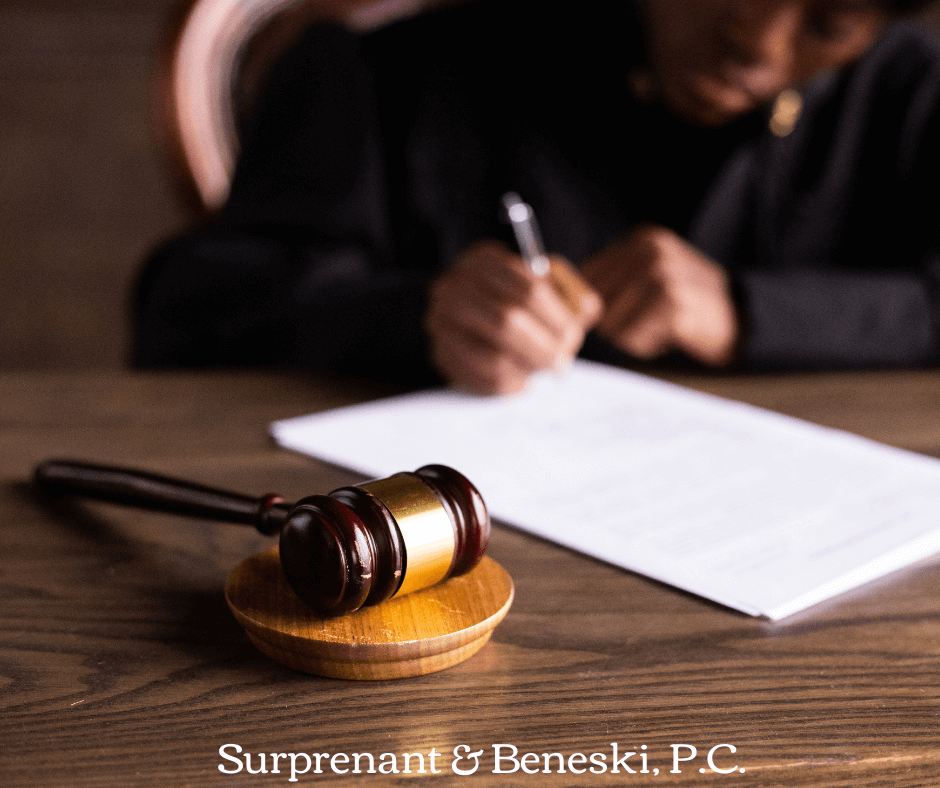Facing the prospect of long-term care for a loved one is daunting enough. When finances come into play, the complexities of MassHealth, Massachusetts' Medicaid...


Facing the prospect of long-term care for a loved one is daunting enough. When finances come into play, the complexities of MassHealth, Massachusetts' Medicaid...

The sun is shining, birds are chirping, and spring-cleaning fever is in the air. But before you tackle those cluttered closets and dusty shelves, there's another important area ripe...

The highly capable attorneys of Surprenant & Beneski, P.C. help clients throughout Southeastern Massachusetts deal with all kinds of estate planning issues from asset protection to preparation and execution of foundational documents. One important issue we assist with is how to avoid the need for guardianship should a loved one become...

Many families with disabled members feel the crucial need to ensure their wellbeing even after they're gone. Informal plans like relying on siblings to share...

Adult children of disabled parents often face a daunting array of concerns and responsibilities. The tasks required can be overwhelming whether the adult children are young, employed and perhaps taking care of their own young children, or middle-aged and hoping to enjoy retirement in the relatively near future. At Surprenant & Beneski,...

At Surprenant & Beneski, P.C., our attorneys have an in-depth understanding of the challenges faced by high-net-worth individuals when it comes to business succession planning. We are eager to assist you, as we do our other high-net-worth clients throughout Southeastern Massachusetts, in protecting your assets, ensuring the longevity of your business,...

When it comes to planning for long-term care, understanding the differences between MassHealth (Medicaid) and Medicare, as well as knowing which services are covered by each program is essential. At Surprenant & Beneski, P.C., a well-respected estate planning law practice serving clients throughout Southeastern Massachusetts, we are committed to providing you with...

Solo aging is a prominent trope among the growing demographic of older adults who are living independently, without a spouse or children to rely on for care. This presents unique legal and healthcare challenges, many of which can be addressed by elder care estate planning. At Surprenant & Beneski, P.C., our

The recent news of Jay Leno seeking conservatorship for his wife has brought this legal process into the spotlight. While it can be a crucial...